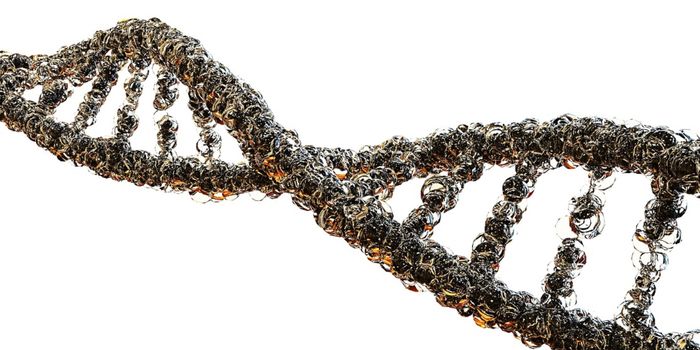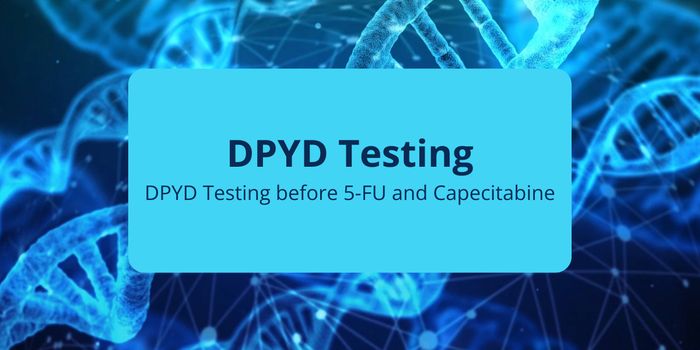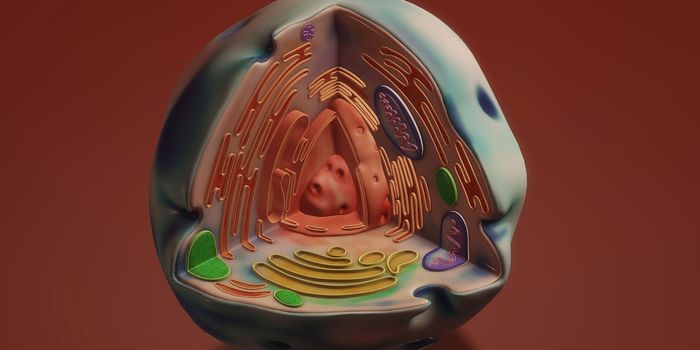Finding a Way to Restore Memory Loss Caused by Alzheimer's
It's thought that by the year 2060, there will be 14 million Americans living with Alzheimer's disease (AD). Right now, there are a few treatment options that can help some people maintain cognitive function for a time, but there is no cure and no way to reverse damage caused by the disorder. However, researchers may now have found a way towards a treatment that can restore the memory loss associated with AD.
AD is known to change gene expression in a part of the brain that is involved in cognition called the prefrontal cortex. Reporting in Science Advances, researchers zeroed in on the epigenetic aspects of these genetic changes (that alter gene expression with chemical tags that adorn the genome but do not alter the sequence itself). They found that they could reduce the abnormally high gene expression levels that are connected to AD memory loss. They did so by targeting enzymes that trigger an epigenetic modification called H3K4me3.
"By treating AD mouse models with a compound to inhibit these enzymes, we were able to normalize gene expression, restore neuronal function, and ameliorate cognitive impairment," said senior study author Zhen Yan, Ph.D., a Distinguished Professor in the Department of Physiology and Biophysics in the Jacobs School of Medicine and Biomedical Sciences at the University of Buffalo (UB).
Histones are proteins that help package DNA, and this packaging can have a significant influence on gene expression. H3K4me3 is a histone modification called histone trimethylation at amino acid lysine 4, and it's thought to activate the transcription of some genes. Yan explained that the levels of enzymes that catalyze the H3K4me3 modification are abnormally high, which upregulates genes in the prefrontal cortex. Now, the researchers have been able to reverse that. When mouse models of AD were exposed to inhibitors of these histone-modifying enzymes, their cognition improved.
"This finding points to the potential of histone-modifying enzyme-targeted drugs for AD treatment, which may have broad and powerful impact," said Yan.
In this study, the researchers also identified some of the genes that are affected by these epigenetic changes, like Sgk1, which codes for an enzyme that's triggered by cell stress. In mouse models and people with AD, the gene is abnormally high in the prefrontal cortex. Yan noted that there is abnormal histone methylation at Sgk1, contributing to its elevated levels in AD.
"Interestingly, the upregulation of Sgk1 is also strongly correlated with the occurrence of cell death in other neurodegenerative diseases, including Parkinson's disease and amyotrophic lateral sclerosis," she added.
"In this study, we have found that administration of a specific Sgk1 inhibitor significantly reduces the dysregulated form of tau protein that is a pathological hallmark of AD, restores prefrontal cortical synaptic function, and mitigates memory deficits in an AD model," she said. "These results have identified Sgk1 as a potential key target for therapeutic intervention of AD, which may have specific and precise effects."
Sources: AAAS/Eurekalert! via University at Buffalo, Science Advances









